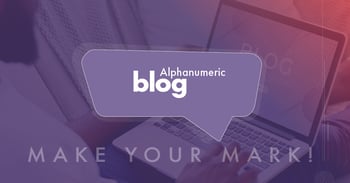
As we move further into 2023, it's clear that conversational AI and chatbots are here to stay. They've become an integral part of the patient experience across all channels, and life sciences companies are taking notice. Here are 5 AI trends to watch in 2023:
-
- Virtual Assistants
With the advent of smart speakers like Amazon Echo and Google Home, virtual assistants are becoming more and more popular. Life sciences companies are starting to use them to provide information about treatments and drugs, schedule appointments, and answer general questions about health and wellness. Virtual assistants can also be used to provide educational content, such as blog posts and articles, or reminders about upcoming appointments or medications. - Chatbots
Chatbots are computer programs that simulate human conversation. They're commonly used to provide customer support or lead generation services. In the life sciences industry, chatbots can be used for a variety of purposes, including providing educational content about diseases and treatments, answering general health questions, or scheduling appointments. - Personalization
Personalization is all about providing a tailor-made experience for each individual user. In the life sciences industry, this could mean providing personalized content based on a user's disease state or treatment plan. It could also mean providing reminders or alerts that are specific to a user's current medications or upcoming appointments. Personalization can also be used to send targeted communications about new treatments or clinical trials that may be of interest to a particular user. - Sentiment Analysis
Sentiment analysis is a process of analyzing text data to determine the emotional tone of the text. This is often done through keyword analysis or machine learning algorithms. In the life sciences industry, sentiment analysis can be used to gauge patient sentiment around a particular disease state or treatment option. This information can then be used to make decisions about marketing strategies or product development. - Automation
Automation is the process of using technology to automate tasks that would otherwise be performed by humans. In the life sciences industry, automation is often used for tasks such as appointment scheduling, reminder services, data entry, or lead generation. Automation can help life sciences companies save time and money while delivering a better overall experience for their patients.
- Virtual Assistants